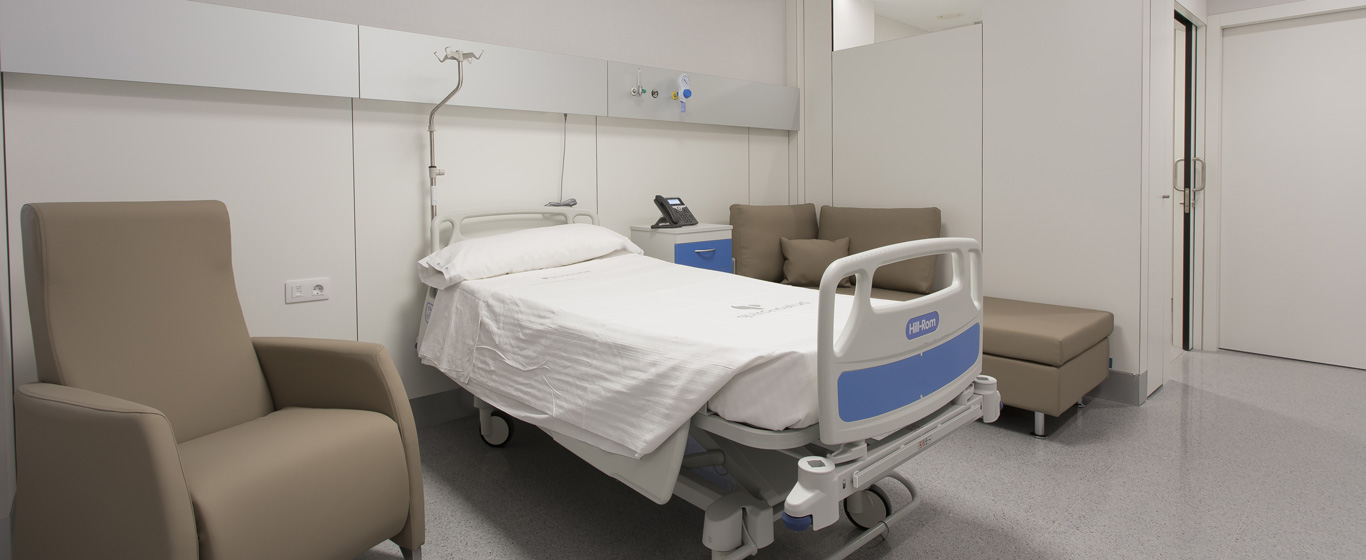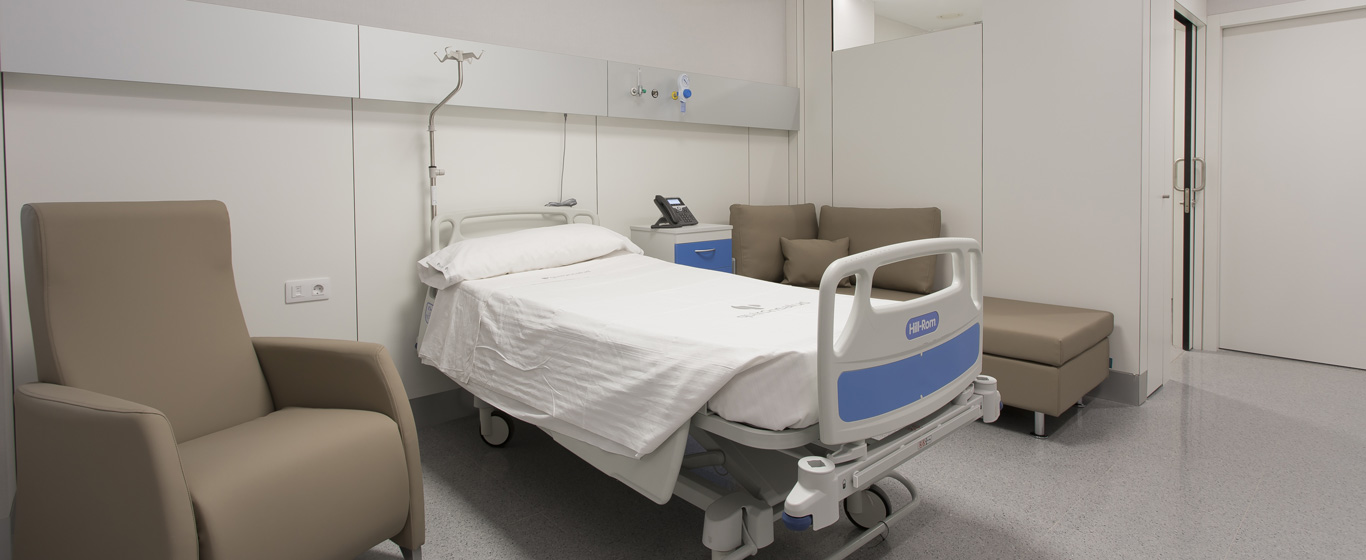Kidney Disease and Kidney Failure
What are the types of kidney failure? Learn all about the causes, symptoms, and most effective treatments.
Symptoms and Causes
The kidneys’ main function is to produce urine. By producing urine, the kidneys can eliminate toxins and maintain the body's homeostasis (balance), regulating the amount of water and salt excreted to keep us healthy.
It is important to know that the kidneys also have several other crucial functions, such as:
- Producing a protein with anti-aging properties called Klotho
- Producing a protein that stimulates red blood cell production and prevents anemia (erythropoietin)
- Activating vitamin D to promote bone health
There are two different types of kidney disease:
- Acute kidney failure (or acute renal failure) occurs when kidney function is suddenly impaired within less than two days. This condition is potentially reversible. Identifying the cause quickly and acting promptly is crucial to reversing the damage.
- Chronic Kidney Disease (CKD) is diagnosed when kidney function is impaired for more than three months. This can progress to Chronic Kidney Failure (CKF).
What is the difference between Chronic Kidney Disease and Chronic Kidney Failure?
Chronic Kidney Disease (CKD) refers to irreversible and progressive kidney damage that eventually results in a complete loss of kidney function, leading to Chronic Kidney Failure (CKF). The distinction is important because CKD can be diagnosed before significant kidney function is lost, meaning before it is classified as CKF. CKD is not reversible, but its progression to CKF can be slowed down or even prevented. A person is considered to have CKF when their kidneys function at less than 15% of their normal capacity.
Symptoms
Symptoms vary depending on how quickly the disease develops and the extent of kidney function impairment. CKD is often a silent disease—someone may have it without knowing, as symptoms usually do not appear until kidney function drops to 25-35% of normal capacity.
Symptoms of both acute and chronic kidney disease may include:
- Edema and fluid retention
- High blood pressure
- Elevated potassium levels
- Acidosis
- Hyperphosphatemia
- Bone disorders
- Anemia
- Uremic syndrome: This occurs when the kidneys stop functioning, leading to toxin accumulation and the inability to maintain homeostasis. Symptoms include:
- Weakness or easy fatigue
- Anorexia (loss of appetite)
- Nausea and vomiting
- Itching (pruritus)
- Uremic encephalopathy or seizures
Causes
Many conditions can lead to kidney disease. Some of the most common causes include:
- Diabetes mellitus
- Blood pressure imbalances (both high and low blood pressure)
- Genetic disorders
- Inflammation or dysfunction of the glomeruli, the kidney’s filtering units (glomerulonephritis)
- Exposure to nephrotoxic substances, such as iodine-containing medications, excessive use of anti-inflammatory drugs, and other harmful agents
Risk Factors
The primary risk factors for kidney disease include:
- Age: It is more common in older adults.
- Smoking: Higher risk among smokers.
- Family history of kidney disease: There may be a hereditary component.
- Low birth weight: Premature babies have a higher risk of developing CKD.
- Associated conditions: High blood pressure, diabetes, cardiovascular disease, liver disease, immune disorders, blood disorders, infections, and more.
- Hospitalization, especially in the Intensive Care Unit.
Complications
In chronic kidney disease, when the kidneys partially lose function, symptoms gradually appear. CKD can cause fluid retention, which may accumulate in the lungs, permanent kidney damage, inflammation of the pericardium, and accelerated aging, which can lead to premature death.
If the kidneys stop functioning entirely, uremic syndrome symptoms appear, and death will occur unless kidney function is replaced.
Prevention
Currently, kidney failure cannot be entirely prevented. However, early diagnosis allows for preventive measures that can slow or halt disease progression.
What type of doctor treats kidney failure?
Nephrologists specialize in diagnosing and treating kidney failure. Depending on the cause, urologists or internal medicine specialists may also be involved in patient care. Palliative care specialists help manage symptoms and improve quality of life for patients receiving conservative treatment.
Diagnosis
Since CKD is often asymptomatic, it is frequently detected incidentally during routine evaluations or tests conducted for other reasons. Common findings that may indicate CKD include:
- Elevated creatinine levels
- Decreased glomerular filtration rate
- Abnormal urinalysis results
- Imaging abnormalities (e.g., kidney cysts seen on ultrasound)
To confirm the diagnosis, additional tests may be performed, such as:
- Blood tests
- Urine tests (single sample and 24-hour urine collection)
- Ultrasound
- Kidney biopsy
Treatment
Treatment depends on the type of kidney disease (acute or chronic) and its underlying cause. Some kidney diseases have specific treatments, so identifying the root cause is crucial (e.g., immunological disorders, polycystic kidney disease, etc.).
Regardless of the cause, all CKD treatments share common goals:
- Reducing mortality and complications associated with CKD
- Slowing or preventing progression to kidney failure
- Replacing kidney function when the kidneys stop working completely
There are several options for replacing kidney function:
- Conservative treatments: These focus on managing symptoms, controlling complications, and improving quality of life for patients who are not candidates for dialysis or transplantation.
- Dialysis: Two types exist—hemodialysis and peritoneal dialysis—both using external devices to filter the blood.
- Kidney transplant: This is the preferred replacement therapy, as it most closely replicates normal kidney function.



































































































